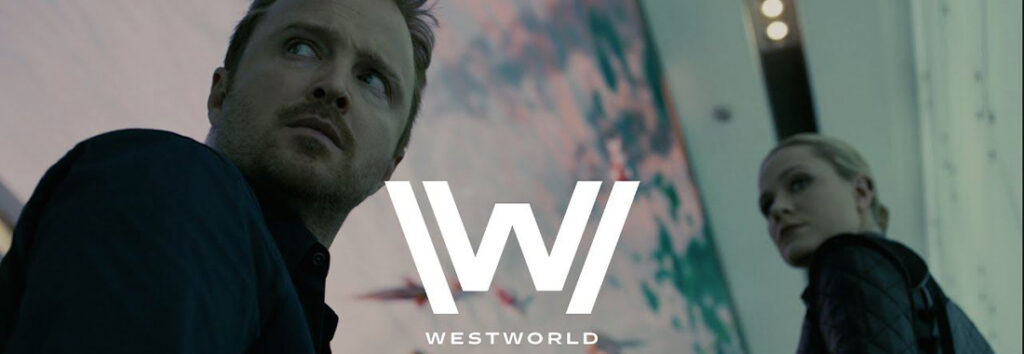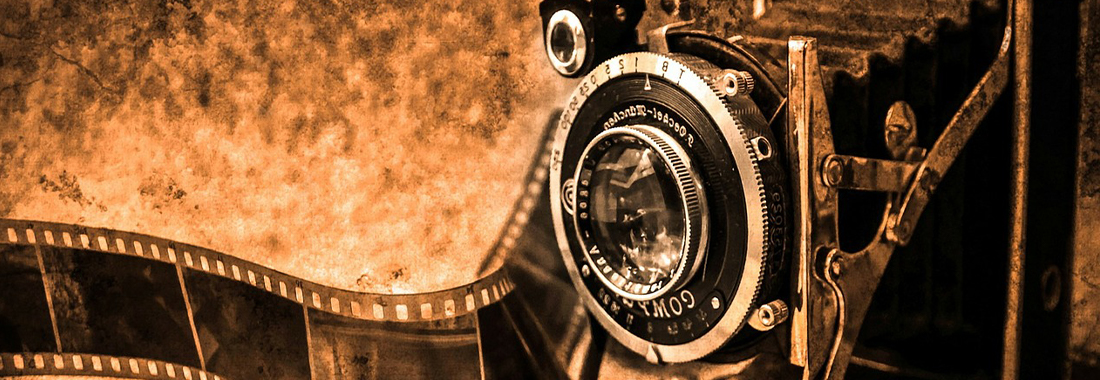Getting your foot into the business is unbelievably hard. Whenever we have the chance to practice actual scoring, we should do so. But the big question is: Where can I find actual footage to score? I found a few helpful sources and opportunities in the last months and decided to put them here on display, so you can find the footage you like and start writing original scores.
Good sources for getting experience in scoring for film are Scoring Competitions, Copyright-free movies, own video projects with stock videos, or writing original scores for deleted scenes, which often don’t have any music at all. These sources provide you with good challenges, so you already have experience and reference projects once you have the chance to take action.
There are actually a few things to consider when working with this sort of footage, each with its own advantages and disadvantages. Let’s take a deeper look at the diffrent types of footage.

Why is it important to practice first?
When talking to new composers, a lot of them are quite self-secure. That’s not bad, but once you have the opportunity to get your music out there it is fundamental to have experience. I’m not talking about writing to picture itself, but to know how to work with video in your DAW, to know how to handle the file size, knowing the workflow, things to consider, and the time it takes you for one minute of video. All these little things can pile up to a big load of problems that you need to solve under pressure with the investment of time you can no longer use to work on the music itself.
Later on, you will get a reputation based on how easy it is to work with you, how fast you work and how reliable your workflow is.
1. Scoring Competitions
Scoring Competitions are, in my opinion, the best way to practice scoring. The difficulty lies in coming up with ideas and especially getting the work done and finishing it on a set date. It’s not only about being part of – scoring competitions also give you the chance to get your music out there and to be heard by masters of their craft. A famous example of this would be Westworld’s scoring competition where Ramin Djawadi himself was part of the jury (also famously known for “Game of Thrones” or the “World of Warcraft” movie).
They can provide you with in-depth feedback, which is really hard to get otherwise. The feedback you get strongly depends on the competition you participate in. Usually, only the top-ranking compositions are provided with direct feedback. Let’s be honest, the competition is hard, and as beginners, chances are quite small to rank for the top ten. My special tip on this would be the “Score the world” scoring competition. Here the first hundred compositions are provided with short written feedback, which you usually wouldn’t get otherwise.

Scene from spitfires scoring competition (Westworld, 2020)
But there are two more important points:
So give yourself a try on some scoring competitions. If you want a list of active competitions, take a look at my list of scoring competitions
To have a glance at how this works, I added my submission for the Berlin International Film Scoring Competition back in January 2021. It was my first orchestral scoring project ever, so don’t expect a masterpiece.
2. Scenes from your favourite movies - for private use only

Movie Poster from “Band of Brothers” (2001)
Of course, you can also rip down your favorite movie scenes and try to rescore them – The downside is that you can’t legally use them for your exposure or as a reference. They are for private use only, so no uploading, no feedback, and no exposure.
I’m not gonna lie; I have done this already several times. In my creative process, I’m drawn to a specific genre, such as World War II. So I imported a few scenes from “Band of Brothers” in my DAW and tried to come up with something. These small projects are perfect to use your current creativity. If they come out as a good score, you can always rearrange them as a single or publish them with copyright-free footage. Just make sure not to copy the original soundtrack or publish it disguised as part of the original score.
3. Copyright free movies

Now things tend to get a bit more interesting. There are sites collecting copyright-free movies or recordings you can use as a source for your soundtracks. Ist really hard to get high-quality footage to work on but let me help you with a few sites
First let’s take a look at older copyright-free movie footages:
- Internet Archive ( ► archive.org) contains a few million movies and movie scenes – yes you read that number right. But it is a bit hard to find high-quality footage – most of them are old, really old films or recordings.
- The Open video project (► open-video.org): Contains several clips and scenes and allows you to sort them by duration. I haven’t taken a deeper look till now but I found a lot of NASA-Footage which I can imagine to be quite cool to work on.
Then I want to show you two open-source Video projects: “The Elephants dream” and “Big buck bunny”. This means that everyone can work on those files, download them, rearrange or in our case rescore them.
- Big Buck Bunny (► peach.blender.org)
- The Elephant’s Dream (► orange.blender.org)
4. The CueTube

Finally, I want to show you a real jewel: The Cue Tube
The Cue Tube is similar to the archives and open source movies above, but it has its own twist. On this side high-quality feature films and trailers are put together, so aspiring composers can use them as a base for their own score. I enlisted a few days back and already downloaded two very promising trailers. Especially “Ocean” is quite nice and a trailer for a documentary in the style of a BBC production. Every video you use, you can later upload and build up your catalog with it.
5. Create your own license-free Stock video
Well, this sounds kind of lame am I right? “Create your own projects”, sounds like a typical phrase by someone how already works on a high level. But this industry doesn’t open its arms for you if you don’t take action by yourself. By doing your own projects you can create the footage you want and for the exact type of music, you are good at writing.
It might be nice to pick up a camera and start shooting, but if you are like me – I spend all my money on music stuff and don’t have additional camera equip or software. Maybe you are lucky and a friend of yours wants to make professional short movies, but let’s be real – that’s quite unlikely.

Scene from a free Stock video (pexels.com 2021)
But there is a ton of free footage out there for you to use right away in the form of stock video. Sites like pexels.com provide you with an unbelievable amount of free clips of high quality. You still need to arrange them and make a small project, but ist way easier and the result can be really nice.
In the end, ist not only important to constantly work on your skills but also to get references to show to potential movie directors once you have the chance. And if you put in the extra work it can be very beneficial to show that you are creative and take action.


Pingback:Scoring Goals – First submissions for your scores – How to write film music